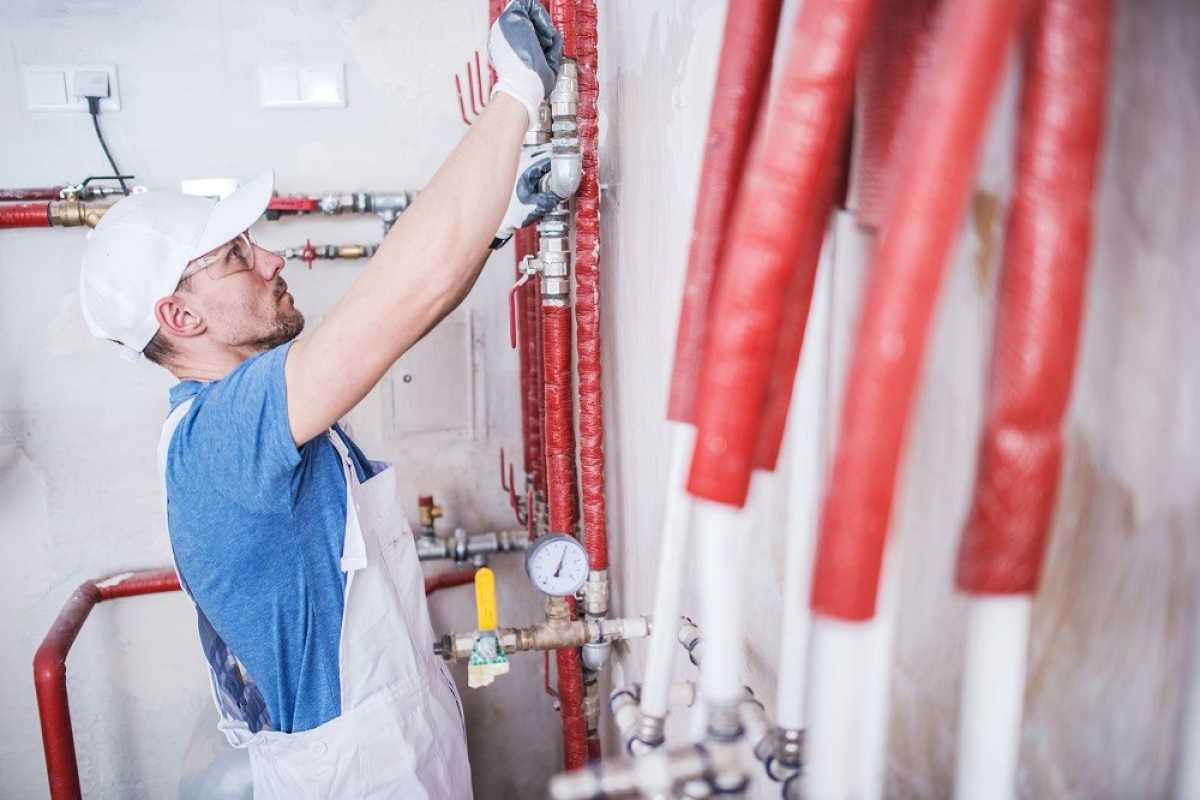Hydraulic Equipment Problems That Require A Professional
- - Category: Industrial
- - 04 Mar, 2024
- - Views: 73
- Save

When working in the industrial industry, it's best to keep your equipment maintained and up to date.
Hydraulic equipment is essential for many industries, from construction to agriculture to manufacturing. When these systems encounter problems, it can lead to costly downtime and potential safety hazards. While some issues can be easily diagnosed and fixed by trained personnel, there are certain hydraulic equipment problems that require the expertise of a professional. In this blog post, we will discuss some common hydraulic equipment problems that should not be overlooked and why it is crucial to seek the help of a professional for these issues.
Leaking Hydraulic Fluid
One of the most common problems with hydraulic equipment is leaking hydraulic fluid. This can be caused by a variety of issues, such as damaged seals, loose fittings, or cracks in the hydraulic lines. While it may seem like a simple problem to fix, it is important to consult a professional when dealing with hydraulic fluid leaks. Not only can they accurately diagnose the source of the leak, but they can also ensure that the system is properly repaired to prevent future leaks and potential damage to the equipment.
Overheating
Another common issue with hydraulic equipment is overheating. This can be caused by a variety of factors, such as excessive loads, inadequate cooling systems, or dirty hydraulic fluid. Overheating can lead to decreased efficiency, increased wear and tear on the equipment, and potential safety hazards. A professional technician can identify the root cause of the overheating and make the necessary adjustments to ensure that the equipment operates at optimal temperatures.
Contaminated Hydraulic Fluid
Contaminated hydraulic fluid can cause a host of problems for hydraulic equipment, including poor performance, increased wear and tear on components, and potential system failure. Common contaminants include dirt, water, and air, which can enter the system through leaks or improper maintenance practices. A professional technician has the expertise and tools to properly flush and refill the hydraulic system with clean fluid, as well as diagnose and perform hydraulic repair on any issues that may have led to contamination.
Unusual Noises or Vibrations
If you notice unusual noises or vibrations coming from your hydraulic equipment, it is important to address these issues promptly. These symptoms can indicate a variety of problems, such as worn components, air in the system, or improper fluid levels. Ignoring these warning signs can lead to more serious issues and potential equipment failure. A professional technician can accurately diagnose the source of the noises or vibrations and make the necessary repairs to keep your hydraulic equipment running smoothly.
Loss of Power or Efficiency
A sudden loss of power or efficiency in your hydraulic equipment can indicate a serious problem that requires immediate attention. This can be caused by a variety of issues, such as pump failure, valve malfunctions, or hydraulic fluid leaks. A professional technician can perform a thorough inspection of the system to pinpoint the source of the problem and make the necessary repairs to restore power and efficiency to the equipment.
While some hydraulic equipment problems can be easily diagnosed and fixed by trained personnel, there are certain issues that require the expertise of a professional technician. Leaking hydraulic fluid, overheating, contaminated hydraulic fluid, unusual noises or vibrations, and loss of power or efficiency are just a few examples of problems that should not be overlooked. By seeking the help of a professional, you can ensure that your hydraulic equipment is properly diagnosed, repaired, and maintained to prevent costly downtime and potential safety hazards. Remember, when it comes to the performance and longevity of your hydraulic equipment, it is always better to be safe than sorry.



